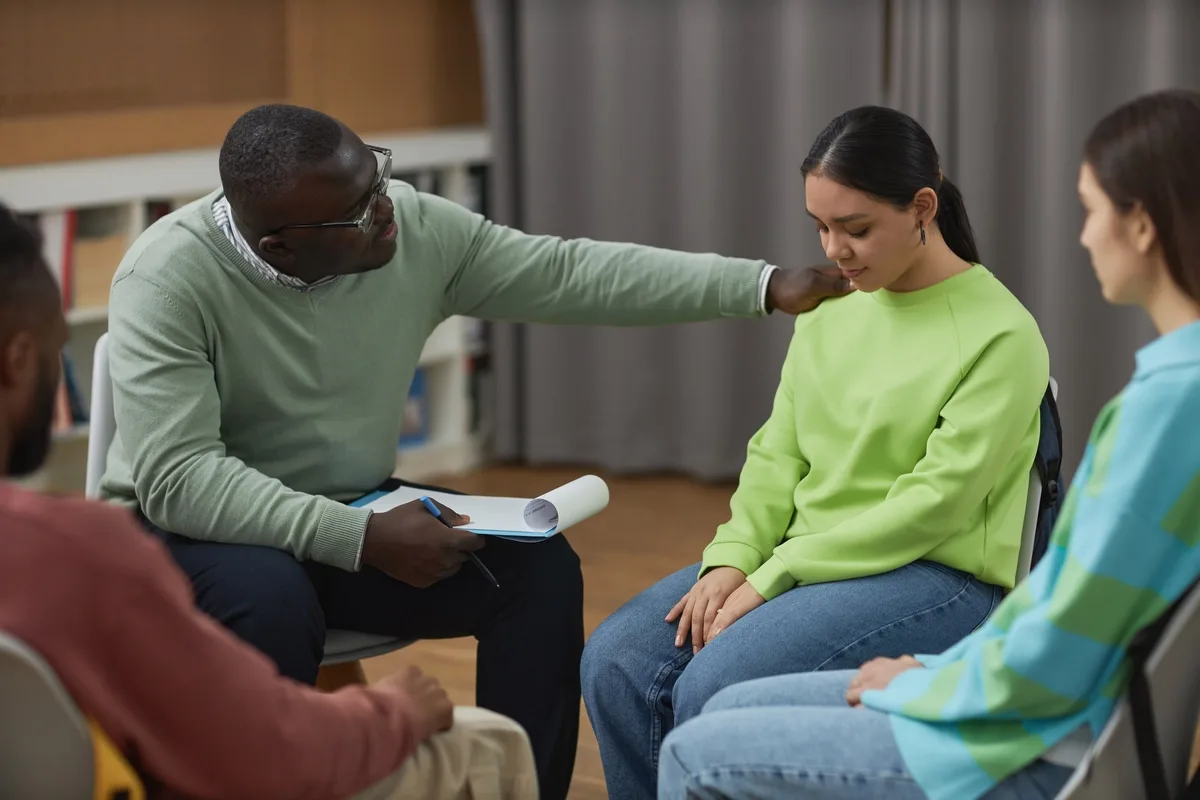24/7 Helpline:
(866) 899-221924/7 Helpline:
(866) 899-2219
Learn more about Cocaine Rehab centers in Howard County
Cocaine Rehab in Other Counties

Other Insurance Options

Self-pay options

Health Choice

Kaiser Permanente

Choice Care Network

Highmark

Coventry Health Care

ComPsych

AllWell

Covered California

Ceridian

Sliding scale payment assistance

CareFirst

MHNNet Behavioral Health

Group Health Incorporated

PHCS Network

Oxford

Access to Recovery (ATR) Voucher

American Behavioral

Optum

Lucent

JAEL Health Services
JAEL Health Services is a private rehab located in Ellicott City, Maryland. JAEL Health Services spe...




















































































































































































































Counseling Resources
Counseling Resources is a private rehab located in Ellicott City, Maryland. Counseling Resources spe...

Yudaguru Integrative Wellness
Yudaguru Integrative Wellness is a counseling center located in Ellicott City, Maryland. Lead by Abh...

















































































































